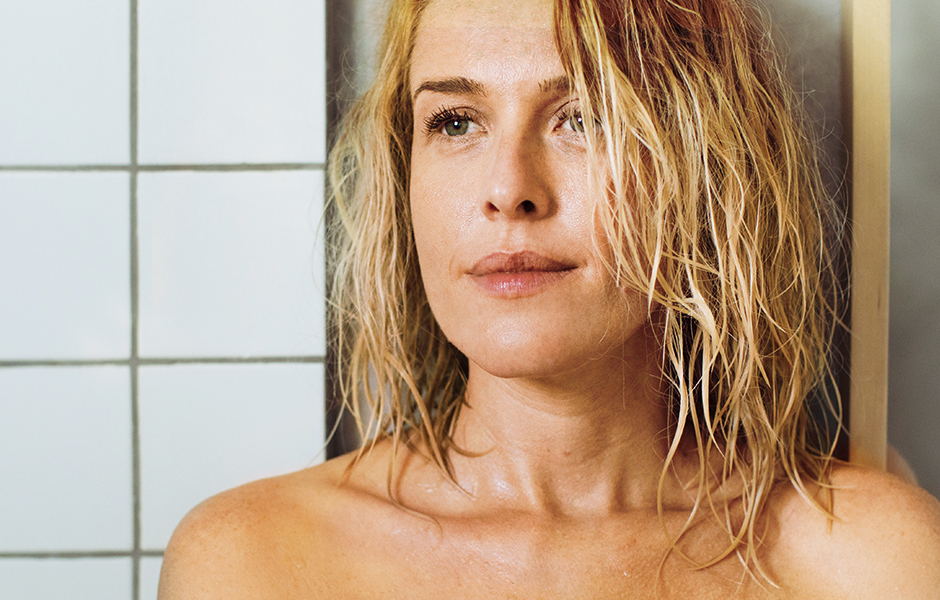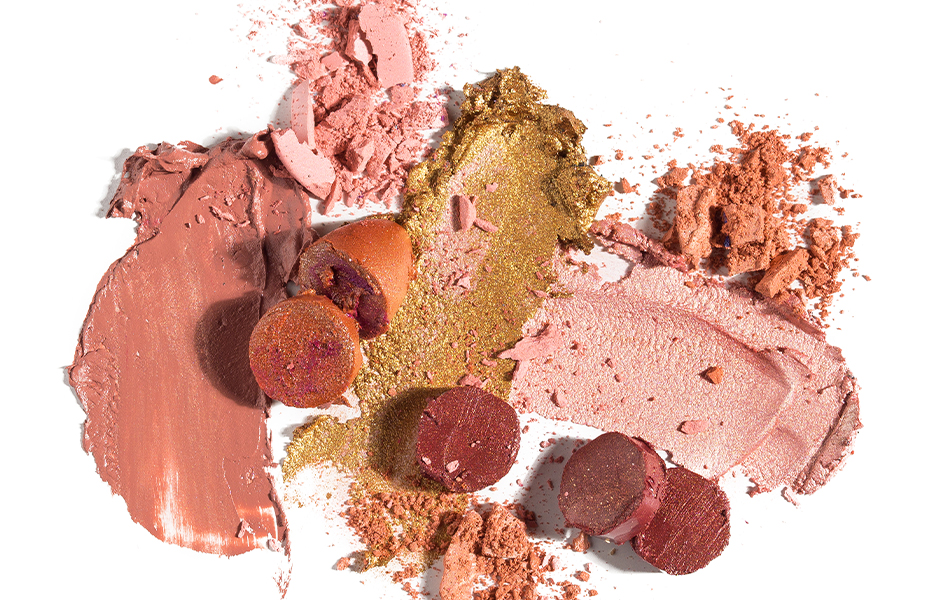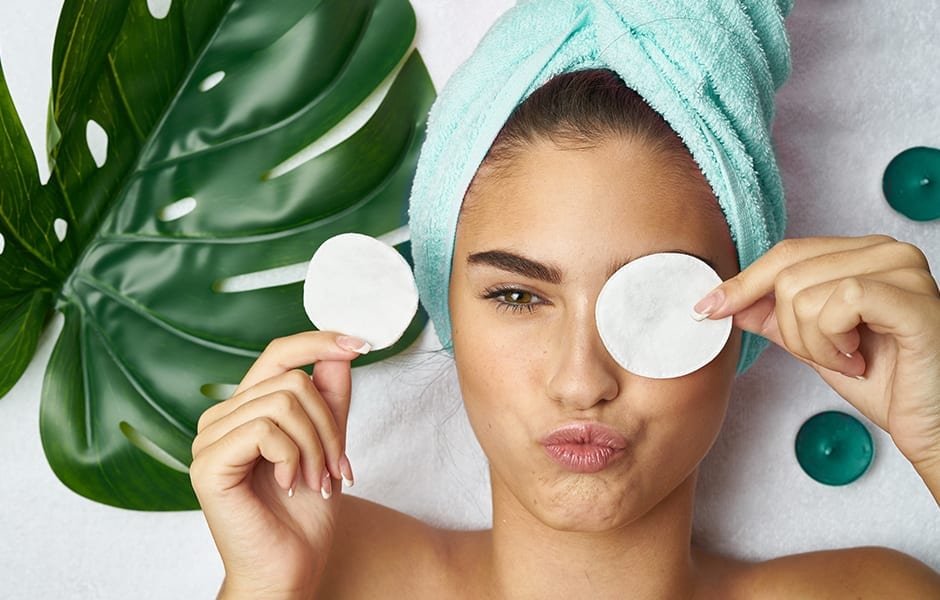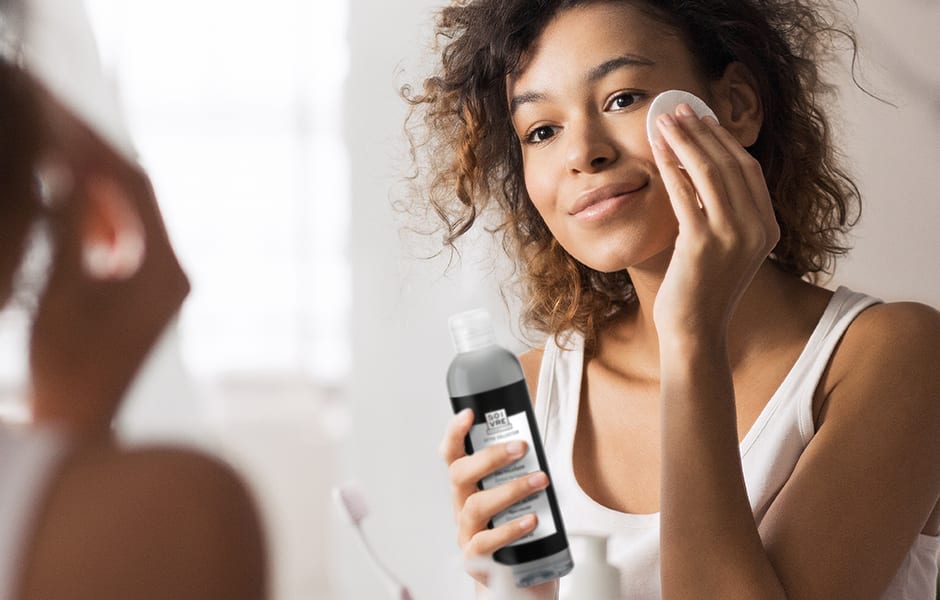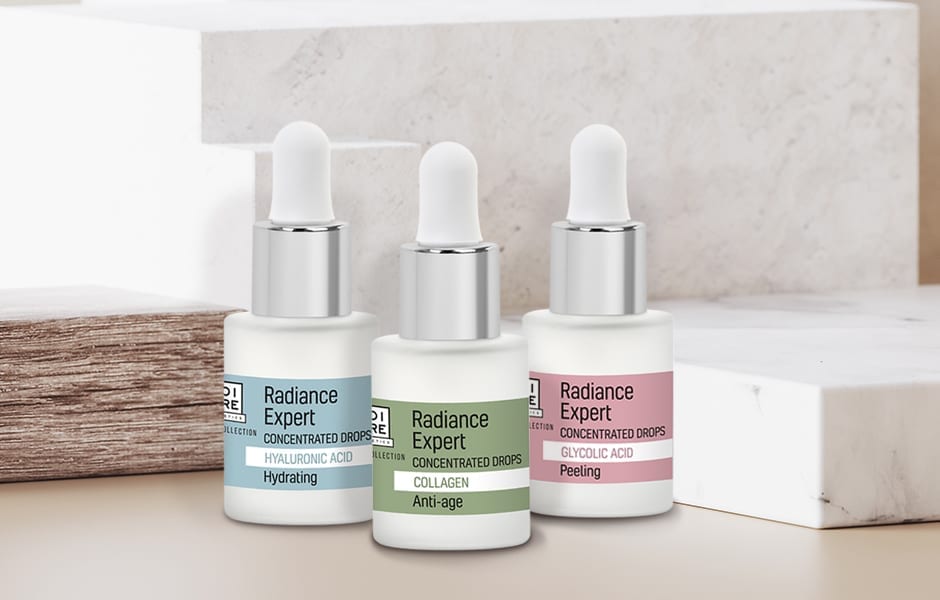You wake up in the morning and run your fingers over your nose. Your fingers become impregnated with a thick layer of sebum. Every day you put on make-up and after a while your skin shines like a mirror. Your pores are open like craters, and when you get distracted, they welcome pimples and blackheads. You still haven't recovered from acne...
If that's your day-to-day life, you have oily skin. But don't let your oily skin lead you down the path of bitterness. We understand, and that's why we're sharing solutions that will alleviate your problem. Learn more in this article how to care for your skin grease.
What are the characteristics of oily skin?
Oily complexions require special attention. But honestly, if you create good self-care habits, you'll look younger in the long run and for much longer than those with very dry skin.
Oily skin is characterised by enlarged pores. Facial skin tends to be thicker and even on the scalp, seborrhoea is noticeable. The hair looks sticky and shiny, and dandruff is easily generated.
It is normal that to combat excess oil we engage in a battle. We wash our skin and hair a lot, we go to extreme lengths to cleanse and become obsessed with removing sebum day and night. The sad truth is that the more you try to remove oil from your skin, the more you stimulate your sebaceous glands to replenish what you lose.
Caring for oily skin does not mean more frequent washing, but rather using specific products that regulate sebum production. Look for mattifying gels, with very light textured formulas that rinse off with water. To control oiliness, simply wash your face in the morning when you wake up and at night before going to bed.
Oily skin tends to flake in the central areas of the face (eyebrows, nostrils). Seborrhoeic dermatitis, a condition that is unsightly, is common in this type of skin.
How to care for oily skin?
The following tips for oily skin have been compiled with expert dermatologists in mind.
- Cleaning. As already mentioned, the right thing to do is to wash your skin twice a day with a very mild soap, or a gel for oily skin. Dry yourself without using towels, let the air do its job.
On the market, look for cleansing milks or gels that say non-comedogenic. That means it doesn't clog pores or create blackheads. And no matter how bad they look, never use your nails to remove them because you risk infecting the pore.
Part of the cleansing routine is exfoliation, which in your case, you can do twice a week. Green clay masks will be great for you. And once a month, go to a specialised centre for a deep cleansing.
- Moisturising and repairing. Oily skin becomes dehydrated. Although natural sebum tends to reduce dehydration, oily skin does not always have a good moisture balance. Moisturisers for oily skin should be oil-free - or at least contain very little oil in proportion to the water content - and include siliconised excipients.
We also recommend the use of repair creams once a day. And also moisturising masks once a week. And before applying make-up, apply an oil-regulating serum.
- Nutrition. Both orally and topically you need to nourish your skin to keep it healthy. For example, with a rosehip cream which you can apply to your face and allow to air dry. Then rinse off with plenty of water.
Another option to care for dry skin and nourish it at the same time is to mash apples and add a teaspoon of lemon juice. Leave the mixture on your face for about 10 minutes and then remove it.
- Best practice on how to care for your skin. We recommend that people with oily skin sleep with their hair tied back; this keeps the distribution of oil through the hair a little more controlled. You should also change your pillowcase more often than other people, to avoid further dirtying your pores.
Your diet is also key. Try to cut down on foods that are fried or contain oils. Yes, you may love lots of olive oil in your salads, but for you it's not recommended. Try light dressings with lemon juice and delicate spices.
A healthy face is possible. Follow our advice and try different solutions. And never disregard the help of a dermatologist, they can give you clear guidelines for how to care for your skin.





